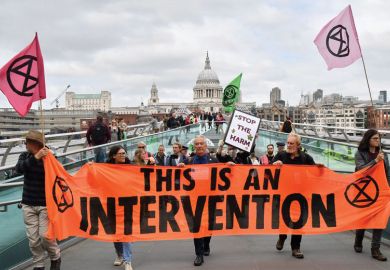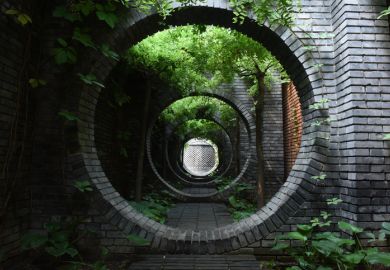Economic progress depends on human skills and knowledge, on manmade capital assets such as roads and machinery, the technology embodied in that capital, and on natural resources, including all the biological, chemical and geological processes that sustain life. A shorthand for this fundamental economic equation is that progress depends on human, manmade and natural capital. Logic then tells us that while we may be better off by running these assets down in one great orgy of consumption, our descendants will pay for our profligacy. To ensure sustainable economic progress, then, requires that we do not deplete our capital assets.
The book focuses on this simple precept and also argues that natural capital - the environment - is so important it should be subject to a special rule: do not deplete natural capital. This "strong sustainability rule" is contrasted with "weak sustainability" whereby the total stock of capital is held constant. Weak sustainability would permit the destruction of the Amazon rainforests, for example, provided the proceeds were invested in other forms of capital - universities, roads, factories.
Why is natural capital special? Thomas Prugh and his co-authors touch on some of the reasons. Once destroyed, many forms of natural capital cannot be recreated. Natural capital performs life-support functions - think of the ozone layer, nutrient cycles, ocean currents. The case for "specialness" is not so strong here: many forms of human and manmade capital also serve life-support functions. Finally, say the authors, natural and manmade capital are complements, not substitutes. manmade capital is a complementary linkage of labour and natural resources.
Espousing the rule to keep natural capital constant means finding a measure of natural capital. The authors reluctantly adopt money as the measure, aware that no other measure permits aggregation - tonnes of oil cannot be added to units of water quality. What has to be done to conserve natural capital then defines the policy agenda of an "ecological economics". But anyone expecting something new from this allegedly new paradigm will be surprised. All the policy measures - from environmental taxes, tradeable pollution and resource quotas to severance taxes - have been the common currency of environmental economics for the past 20 years. Indeed, lack of novelty is the problem with this volume, but it is a problem only because the authors write as if they had discovered the problem and its solutions. The exaggerated desire to appear radical includes an unfortunately dismissive approach to the intellectual foundations for what they argue. Not only are the principles of the economics of sustainability found in the neoclassical economics literature they deride, the misdirected concern to appear different leads them into several major errors.
Thus, we are asked to believe that neoclassical economics has nothing to say on the concept of "carrying capacity" - the maximum population of a species capable of being sustained by a fixed quantity of resources. This will come as a surprise to any student of fishery economics, which produced the modern theory of renewable resource management. We are told to adopt indicators such as "ecological footprints" which measure the spatial area supplying any given point, a city say. The ecological footprint of Vancouver is 22 times the size of Vancouver. But nothing follows from such an observation unless we believe cities should be self-sufficient. And if cities should be why not towns, villages, streets, households, even individuals. Why trade at all?
In the same vein, the authors have not thought through the weak-strong sustainability issue. If the forms of capital are complements, then not only must natural capital be kept constant, so must the forms of capital. Strong sustainability ceases to mean constant natural capital alone. Moreover, if natural capital is declining, as the authors argue, then the output that comes from combining all forms of capital must be declining, unless technology is raising the productivity of all forms of capital. Arguably, some economies have hit this natural capital barrier - we would be ill-advised to ignore the role of environmental destruction in the poor performance of some African economies and maybe some Central American ones too. But, overall, output is not declining, which suggests a role for technology that the authors ignore.
This is a very readable introduction to ecological economics and is to be recommended on those grounds. But it is hard to see what is new, and economists who have spent a long time developing the science of environmental economics will find it irritating.
David Pearce is director, Centre for Social and Economic Research on the Global Environment, University College London.
Natural Capital and Human Economic Survival
Author - Thomas Prugh with Robert Costanza, John Cumberland, Herman Daly, Robert Goodland, Richard Norgaard
ISBN - 1 887490 02 7
Publisher - International Society for Ecological Economics
Price - $18.95
Pages - 198


